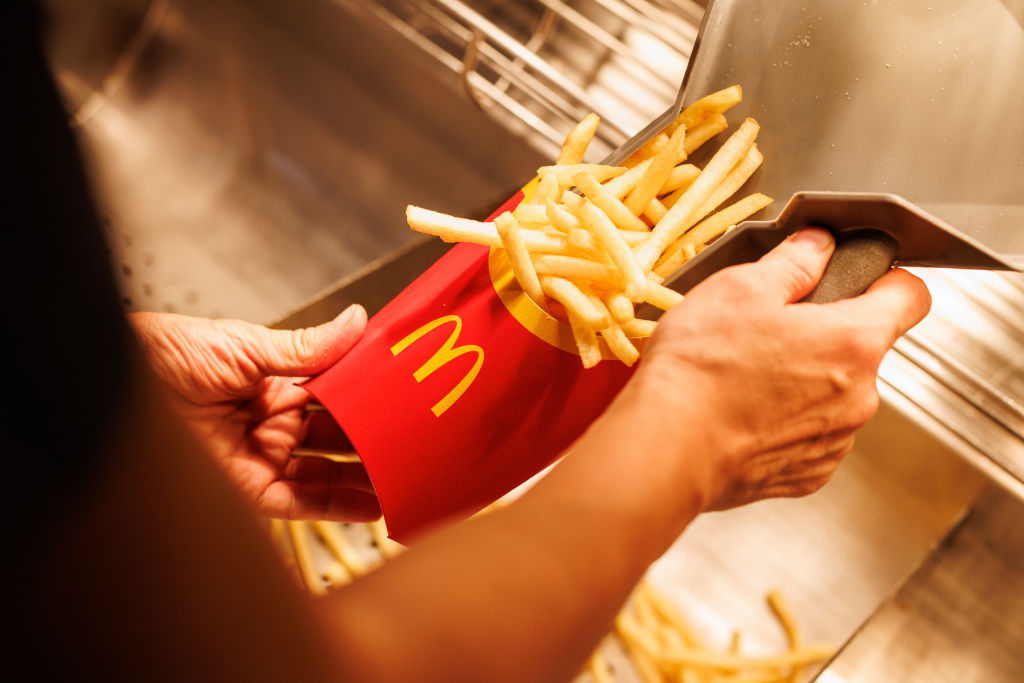One afternoon in April 2022, Josh Saltzman, the owner of a sports bar in Washington, DC, opened his inbox to find what looked like a french fry price-fixing conspiracy.
Saltzman had received a notice from his bar’s food distributor that effective April 4, the four major suppliers of frozen potato products, which sell products like french fries and Tater Tots to bars and restaurants around the country, were all hiking their prices in lockstep, each by $0.12 per pound.
For Saltzman, it was hard to believe this was a coincidence. “It was just the most obvious example of collusion I’ve seen in a long time,” he said. “All of them were raising their prices by virtually the exact same amount within a week of each other.”
Frustrated, Saltzman took to the internet. “I was just like, ‘Oh, I’m going to fire off a tweet about Big Potato,’” he said. “Then it somehow took on a life of its own.”
Big Potato was more real than Saltzman had anticipated. That April, Saltzman’s offhand tweet — “Totally not collusion or anything, right?” — went viral. And last month, it was cited in a new spate of antitrust lawsuits brought against the four biggest companies in the frozen potato market, claiming the companies were in fact colluding when they all hiked their prices at the same time in 2022.
The four companies now stand accused of operating as a “cartel” and conspiring to hike prices, jacking up the cost of french fries and Tater Tots around the country. But they’re hardly alone. The case against Big Potato is a window into how consolidation has crept into every corner of the food industry — and how these firms are finding new, sophisticated methods to keep prices high.
After decades of consolidation, just four firms…
Auteur: Katya Schwenk

